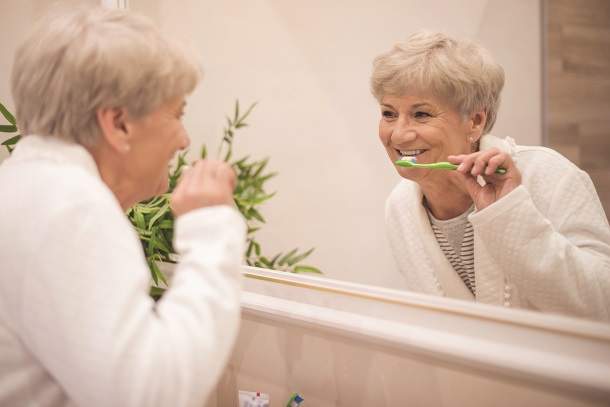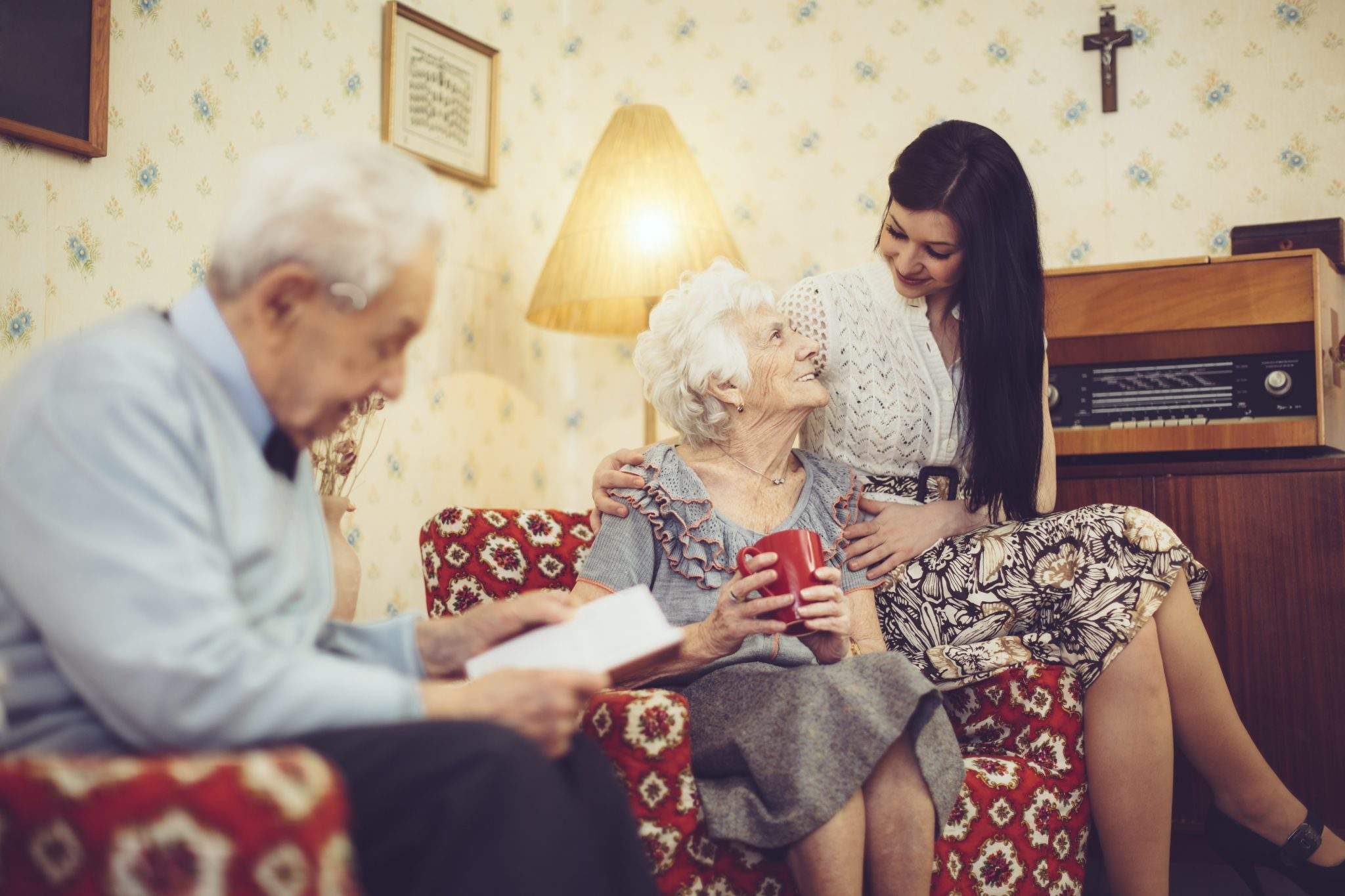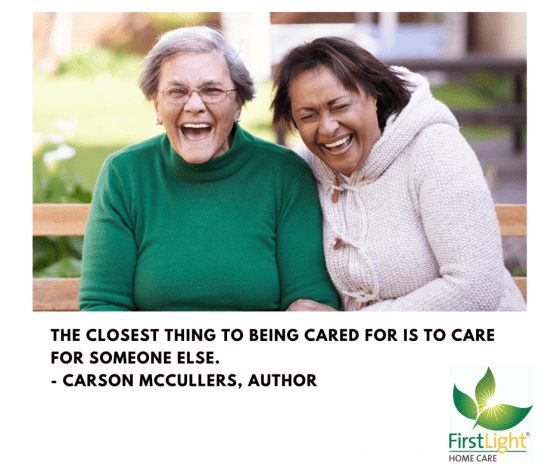Home Care May Assist in Caring for Older Veterans
From our Care Blog
Members of the “Greatest Generation” are aging quickly. Home care may be beneficial in helping these older veterans continue the quality of life they deserve. There are just under 2 million World War II veterans remaining in the U.S., and they are aging quickly. Many members of the “Greatest Generation” who are dealing with the challenges of advancing age need care and assistance with activities of daily living. Home care can be an ideal solution to help older veterans receive exceptional care and maintain the quality of life they deserve. Home care services assist veterans in a variety of ways....
Learn More about Home Care May Assist in Caring for Older Veterans











